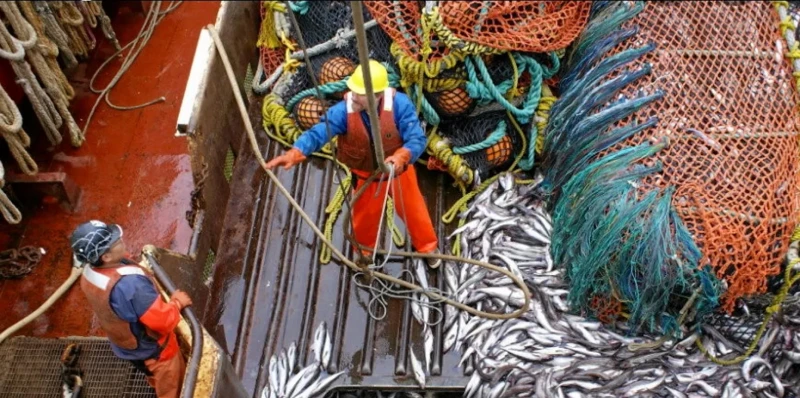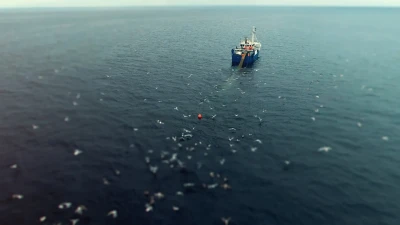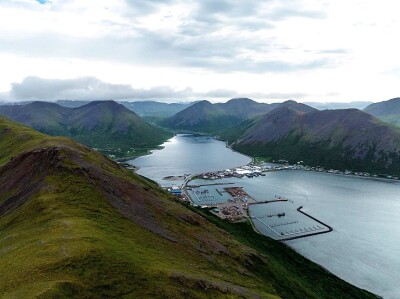Representative Mary Peltola (D-Alaska) introduced two new bills last week that raised conflicts among the industrial trawler fleets and an uproar of support from other fishing groups and Alaskans alike. The Bottom Trawl Clarity Act and the Bycatch Reduction and Mitigation Act have been implemented to reduce the incidental bycatch of chinooks, chums, and other salmon destined for the western part of the state's watershed.
The region has experienced a devasting return of salmon in recent years, which has led the public to want trawlers to improve their bycatch reduction efforts. According to a recent poll, 70% of Alaskans would approve a total ban on industrial pollock trawlers off the state’s coasts. Though the legislation introduced by Rep. Peltola isn’t a ban, it is a nationwide bipartisan effort responding to the decline of marine species.
The Data for Progress poll showed that two-thirds of Alaskans would support banning industrial pollock trawling. Those who responded to “strongly support” federal legislation to ban trawling identified as American Indians or Alaska Natives. USA Today stated that pollock industry leaders characterized the legislation as “falling short of the best available science.”
The North Pacific Fishery Management Council (NPFMC) voting members have been accused of having economic interests in the trawl fleet. Local communities that rely on the salmon fishery and crab fishermen have questioned the effectiveness of the science-based policies that have been implemented by NPFMC over the past decade.
According to SalmonState, Alaskan trawlers' incidental bycatch is 141 million pounds each year of salmon, crab, halibut, and other species. U.S. Rep. Jared Huffman (D-Calif.) co-sponsored Peltola’s new bills and introduced the Magnuson-Steven Reauthorization Act, which, among many changes, would include voting tribal seats on NPFMC, in hopes of reinforcing further inclusion of traditional knowledge in fishery management.







